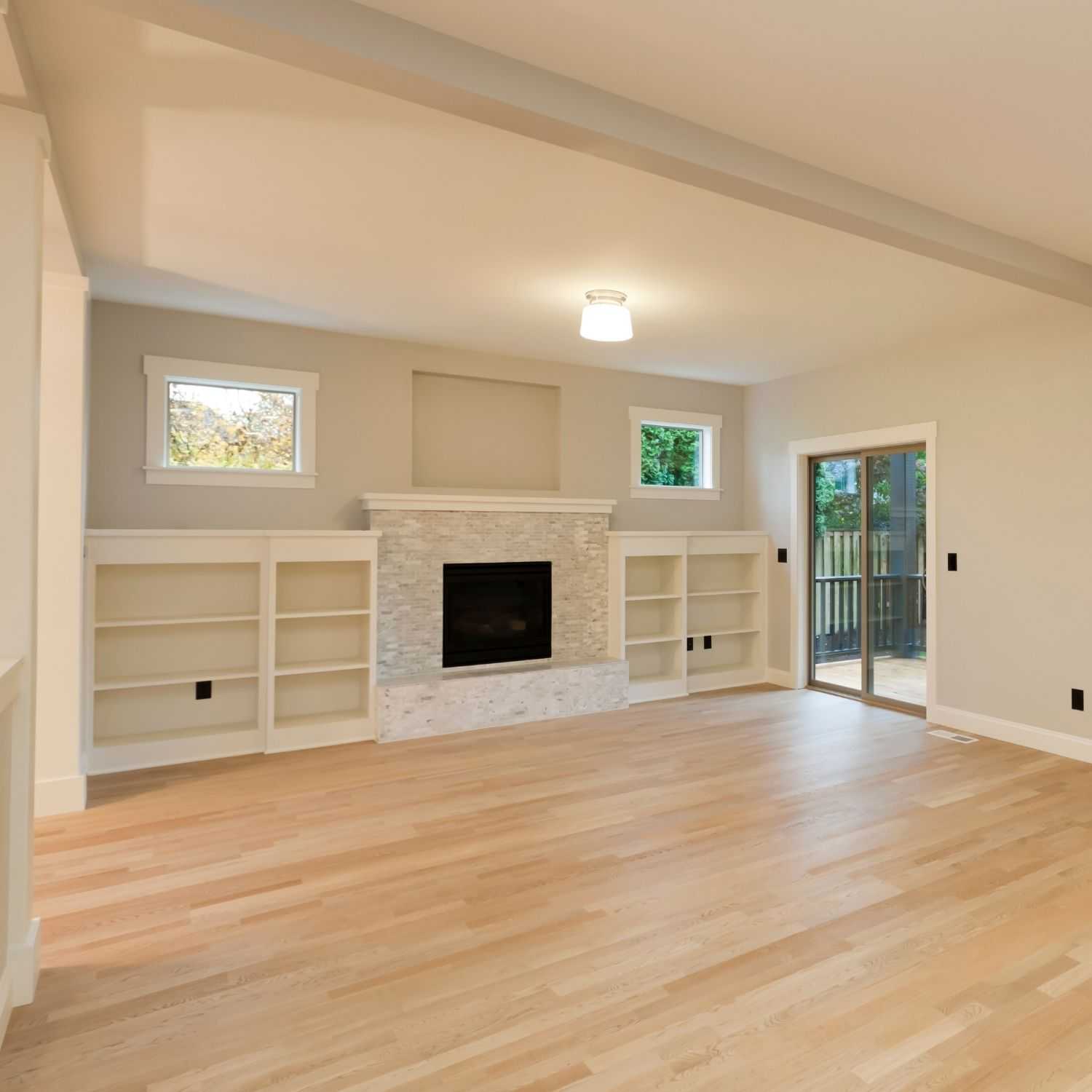Share post:
The cost of living crisis has barely left the headlines in recent months, and its repercussions for people across the UK are impossible to ignore. Indeed, it seems there is barely a section of society that has not felt the effects.
The ‘cost of living’ can be defined simply as the cost of maintaining a certain standard of living, or the price implications of ensuring that our basic needs are met. The cost of living is determined by comparing the prices of various goods and services that consumers purchase. Costs are categorised based on items like health care, food and housing, and weighted according to spending patterns and individual budgets.
The reason we are currently experiencing a ‘crisis’ in the cost of living is due to the fall in disposable income that has been experienced since late 2021. This is being caused predominantly by inflation rates rising higher than wage and benefit increases, and has been exacerbated by tax increases, rising energy prices and the after effects of the COVID-19 pandemic.
How might the cost of living crisis affect property owners, and is there anything you can do to negate the worst of the affects?
Communicate with your tenants
The rising cost of living may mean instability for your tenants. It’s a good idea to keep in touch with your tenants to avoid any potential problems or awkwardness arising. A friendly chat can often help resolve things before they become a bigger issue.
It is worth asking your tenants whether their personal or financial situation has changed significantly, or whether they are worried it might change soon. It is also worth asking for information about their energy bills, and even researching alternative deals on their behalf if you feel this might be helpful.
The key is to listen with an understanding ear. When your tenants feel free to be completely honest, you can work together on the best way forward for both of you.

Reduce your running costs
If you’ve been able to explore energy costs with your tenants, you may also take time to review the energy efficiency of your property overall.
This will enable you to negate some of the worst cost implications of rising utility bills. Taking steps to optimise the efficiency of your property can increase the value of your property, make it more marketable, and help you stay ahead of any future energy-saving legislation. It will also increase the sustainability of your property.
Take stock of your appliances and consider any that may be due for renewal. Replacements are tax-deductible, and A+ rated models are highly energy-efficient, particularly from brands like Bosch, Neff and AEG. Find out more about Energy Performance Certificates and improving your EPC score.
Aim to be flexible
The pandemic provided a catalyst for many tenants to try and find a property with as much space, both indoor and outdoor, as possible. This caused many to stretch their budgets, which may see them running into problems now that living costs have increased.
There is high demand for rental properties, so you could reach an agreement with your tenant to keep the property clean for showings in exchange for leaving early once you find a replacement.
Stay open-minded – the most important thing is that your property is rented to people who pay the rent and take care of your investment.
Flexible letting, particularly mid and short-term lets can be a great way of guaranteeing income as rent is generally paid up front. Find out more about how flexible letting can maximise your income here.

Think about rent stability
If your tenancy is coming to an end, you may be wondering whether to keep things as they are, raise the rent, or end the tenancy.
Although landlords typically value stability, we are currently in very unpredictable times. If you have a tenant who is punctual with payments, takes care of your property, and wants to stay, it may be wise to keep them at the same rent.
If you’re thinking of freezing rent to help your tenants through the cost-of-living crisis, you’re not alone. A recent survey found that 69% of UK landlords want to help their tenants in this way. However, if this option is not possible, considering flexible letting could also be a way to optimise your rental yield.
Before making any decisions, it may be wise to consider the rental value of your property, the upfront costs of finding a new tenant, the possibility of vacant days between tenancies. Get an instant valuation of your rental property here.
Protect your income and investment
The cost of living crisis we are facing means that even if your current operation is running smoothly, there are potential changes on the horizon to watch out for. These include further rises in energy prices and inflation and mortgage rates increasing.
Therefore, taking steps to protect your income and investment is particularly wise right now. Consider an insurance policy that will guarantee your income if your tenant stops paying. A legal protection policy will also cover you in a worst-case scenario of needing the courts and solicitors to gain possession of your property.
Get professional advice
Whether you’re wishing to protect your investment, streamline your operation, find tenants for your long, mid, or short-term let, or simply get a valuation on your property, City Relay can help.
Don’t hesitate to contact us today.












